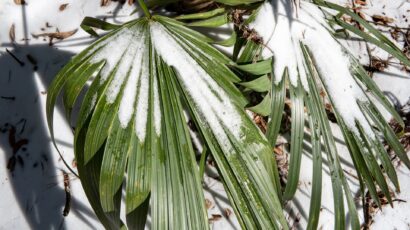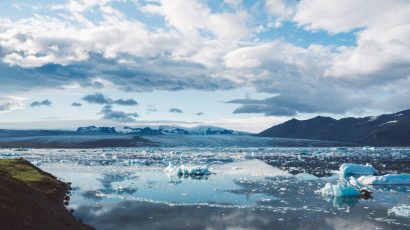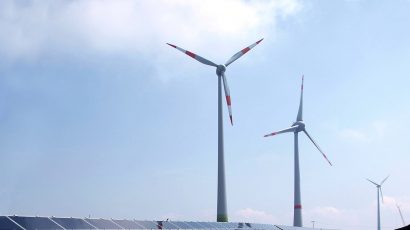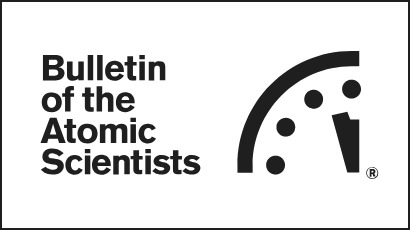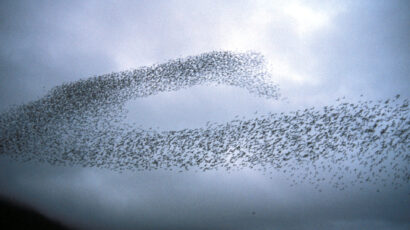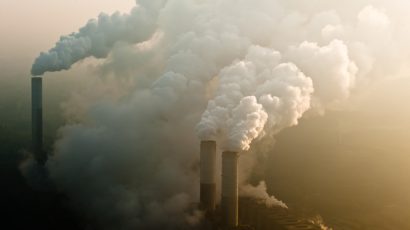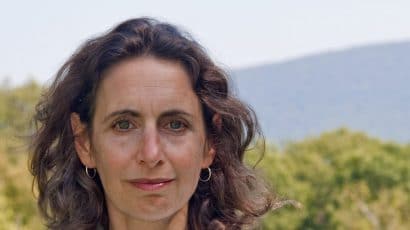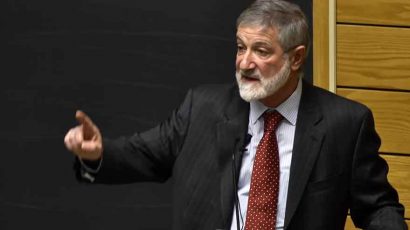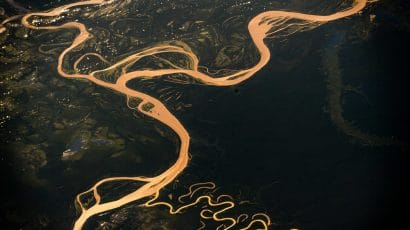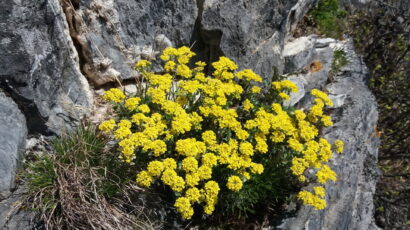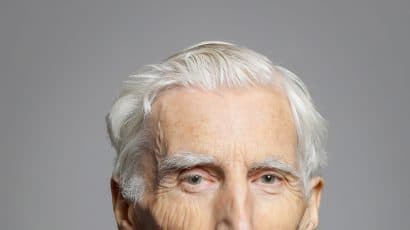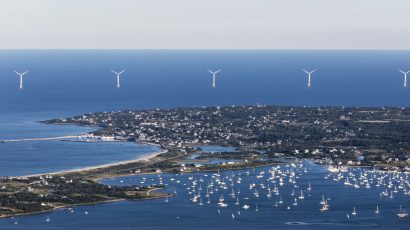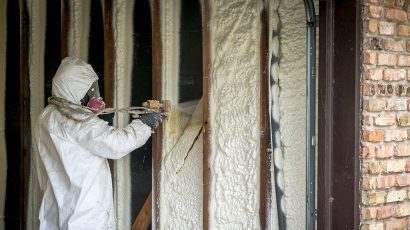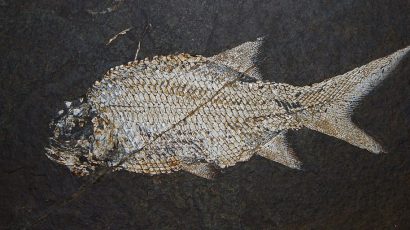Search results for
Bulletin author wins MacArthur “genius” award
Bulletin contributor and Harvard University earth and planetary sciences professor Jerry X. Mitrovica was just awarded a MacArthur “genius” Fellowship yesterday for his work on sea level rise, and the reasons why it happens unequally across the globe—due to differences in the Earth’s crust, undersea topography, ocean circulation, and the way glaciers melt and oceans … Continued
Terms of engagement
Energiewende was exactly the right word for engaging Germany in a climate change revolution. What terminology should America use?
Extreme weather powerless against extreme intransigence
Feeling extra worried about climate change amid Caribbean hurricanes and western forest fires? Scott Pruitt says your fears are misplaced.
A new “all-hazards” approach for reducing multiple catastrophic threats
An effective method for reducing catastrophic risk involves capitalizing on characteristics or conditions shared among various threats.
New EPA chief: A coal baron’s dream
Don’t know what to think of our new protector of the environment? A Mother Jones article from before his nomination reveals a lot.
How likely is an existential catastrophe?
You’re far more likely to die in an existential catastrophe than you think. And the risk of such a catastrophe is growing.
The projected costs of this summer’s extreme heat: 235,000 ER visits, 56,000 hospital admissions—and $1 billion
“The collective implications of severe weather are really rather intimidating,” says one expert.
Geoengineering: What could possibly go wrong? Elizabeth Kolbert’s take, in her new book
Kolbert’s new book, Under a White Sky, explores the ways that humanity is attempting to engineer, fix, or reroute nature in a climate-changed world.
He helped found two groups that won the Nobel Peace Prize: Ira Helfand of PSR
His message is simple: Nuclear weapons are not a force of nature, and they are not an act of god. We have built these with our own hands, and we know how to take them apart.
Bulletin of the Atomic Scientists: Call for submissions for Voices of Tomorrow
In 2013, the Bulletin of the Atomic Scientists will launch "Voices of Tomorrow," which will feature a monthly essay, op-ed article, or multimedia presentation written or produced by a high school student, college undergraduate, or graduate student. The topic must address some aspect of at least one of the Bulletin's core issues of nuclear weapons, nuclear energy, climate change, biosecurity, or emerging technologies.
Is Amazon rainforest going from carbon sink to carbon source?
Parts of the Amazon and other tropical forests now emit more carbon dioxide than they absorb. This development, which was not incorporated into climate models, could put the temperature goals of the Paris Agreement out of reach.
The greenest way to mine metals for batteries could be with plants
The Advanced Research Projects Agency-Energy, ARPA-E, is spending $10 million to research how to use plants to extract nickel from soil.
Buckle up: We are in for a bumpy ride. An interview with Royal Astronomer Martin Rees
In this interview with Bulletin CEO Rachel Bronson, Royal Astronomer Martin Rees explains why he believes the 21st century will be a crucial test of humanity’s ability to manage a wide range of existential threats.
Special report: Tilting toward windmills
A homespun Rhode Island destination gets an offshore wind farm—and, mostly, likes it. Will massive offshore wind parks follow, powering America’s Northeast?
Should I stay or should I go? A ‘Chernobyl-like defect’ in our election system might give Trump a choice
A legal scholar explains how Trump could lose and stick around anyway, through a combination of disinformation, COVID, political division, and the resulting "catastrophic breakdown" of our presidential election system.
Unexpected, unreported, and so far unexplained emissions of CFC-11
When researchers traced the illegal production of banned, ozone-destroying chemicals to a handful of refrigerator factories in China in July, it seemed like an open-and-shut case. But is it?
The trouble with geoengineers “hacking the planet”
Despite all the hype, geoengineering would not be simple or easy, or a one-time solution, or buy us any time. Instead, geoengineering would be a difficult undertaking that humanity would have to commit to essentially forever—and still not fix the underlying problem. Assuming it even works.
Study: The world’s worst mass extinction should make you very nervous for our future
Ominously, climate change is a path the Earth has been down before. Just ask scientists studying “The Great Dying.”
